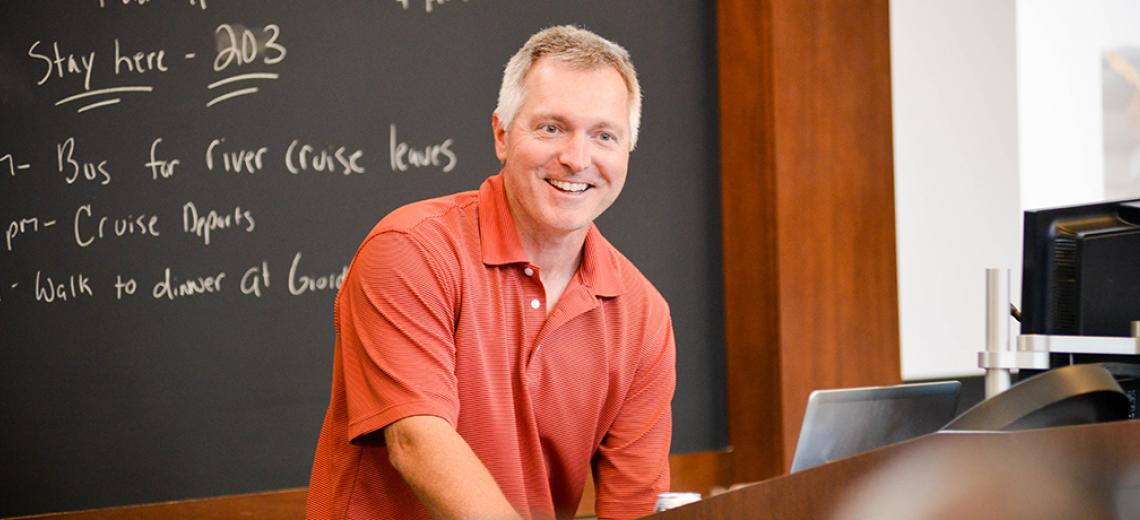
3 minute read
World-leading applied economist John List joined the Research School of Economics’ John Mitchell Economics of Poverty Lab (the Lab) in late 2019. Since his arrival, John has used his field experiment expertise to inform three ground-breaking experiments, the results of which have either already been published, or are forthcoming, in top international journals.
In a study published in Journal of Political Economy earlier this year, John and a team of researchers from the Norwegian School of Economics and the University of Southern California use a randomised control trial to provide the first evidence of a causal relationship between early childhood education and social preference formation.
“Previous research investigates how early childhood education affects cognitive achievement and noncognitive skills. However, the literature is silent on how it shapes social preferences, if at all. We provide much-needed evidence in this regard,” John notes.
“In doing so, we also demonstrate the importance of adopting a broad perspective in the design and performance measurement of these early educational offerings,” he adds.
In another recent Journal of Political Economy study, John and colleagues from the London School of Economics and Political Science and Boston University use commercial pilot productivity data to explore how managerial practice affects productivity.
“Despite research supporting management as an important determinant of firm-level performance, there is little evidence regarding any causal relationship between managerial practices and skilled labour productivity. We use a novel dataset to provide preliminary insights,” John explains, adding that “of the four distinct management practices we investigate, monitoring and target setting are particularly effective in increasing productivity.”
Finally, John and co-authors from George Masson University and the University of Chicago explore how experimental insights can inform policymaking in their forthcoming International Economic Review paper.
“We develop a simple model highlighting three key aspects of the so-called scaling-up problem, namely when evidence becomes actionable, properties of the population and properties of the situation,” John explains.
“All three must be explored in the original research program, otherwise scaling exercises are particularly vulnerable”.
The College is always keen to explore research collaborations with the public and private sector and to reconnect with alumni. Please get in touch if you would like to know more about partnering with us.
Image: John List
